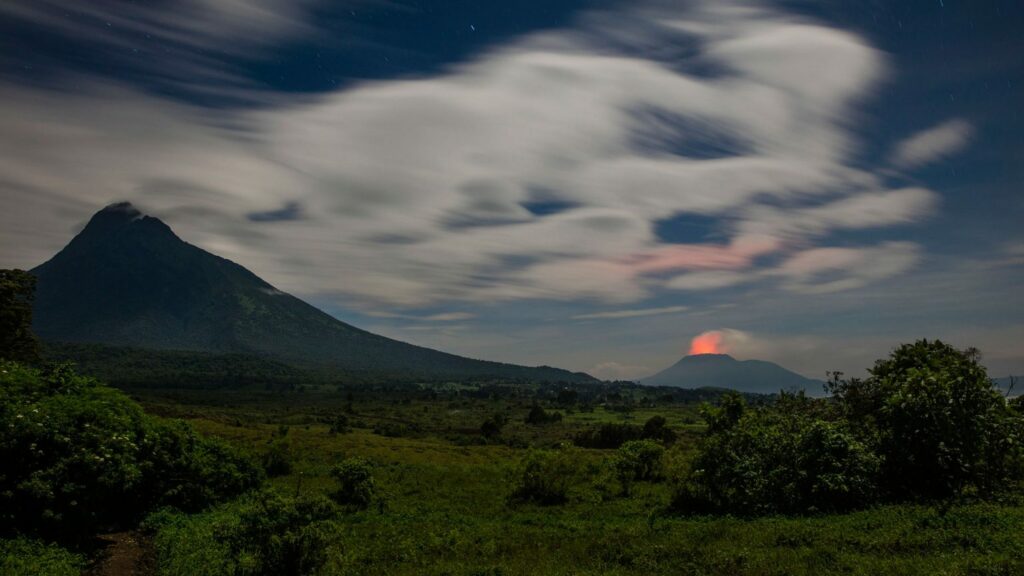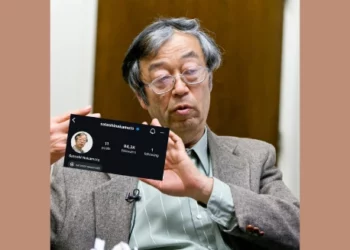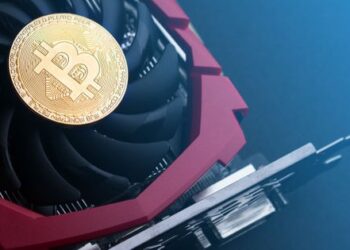Virunga National Park in the Democratic Republic of the Congo is the first national park in the world to operate Bitcoin mining to protect forests and wildlife. Cointelegraph spoke with Sebastian Guspiro, CEO of Big Block Green Services, who started mining his bitcoin in the park.
Mr. Guspirou said in a video call with a smile.“Bitcoin mining saved Park from bankruptcy”
Africa’s first protected park, Virunga, is a representation of the diversity of the continent. According to journalist Adam Popescu’s report published in the MIT Technology Review, problems plagued the region before Bitcoin mining took place. From local militias carrying out violent attacks on animals and employees to Ebola outbreaks and kidnappings, the iconic national park has struggled to generate revenue in recent years.

The COVID-19 pandemic and subsequent eradication of tourism have resulted in fewer visitors to see gorillas, other wildlife, and waterfalls, leaving the park’s coffins nearly empty. The article explained that tourism accounts for about 40% of the park’s revenue.
When Guspille found out about the conflict in the park, he felt compelled to help. In late 2019, he met at a chateau in France with the park’s director, Emmanuel de Meraude, Prince of Belgium by blood. said.
The park can monetize its abundant and untapped natural resources to maintain its existence. Gouspillou explained to his De Merode how Virunga could utilize his Bitcoin mining to generate revenue. The entertainment at the castle was non-stop. “It must have taken hours,” Guspirou explained. Discussions, follow-ups, and visits to the Congo eventually culminated in De Merode setting up the first part of his mining operation in early 2020, the year he launched his first coin in September. was successfully mined.
Nearly three years later, Park has made significant money off of Bitcoin. During the 2021 bull run months, the park earned more than $150,000 a month in rewards, almost completely making up for lost tourism revenue.
The Virunga bitcoin mine is a unique solution to the problem of preserving park biodiversity while generating revenue. Bitcoin mining is a very energy-intensive process, but Virunga mining is unique in that it runs on clean energy.
Eco-friendly technology surrounded by green rainforest.
This mine is powered by the three hydroelectric power plants in the park. This sustainable power source is already being used to power a nearby town. The site employs nine full-time employees who work on rotating shifts serving the jungle miners on staff at the facility. A fearless ranger defends the property – a story that inspired a Netflix documentary among others.
The facility has 10 shipping containers, each containing 250-500 rigs. Virunga owns 3 of these containers and Gouspillou owns his remaining 7. Gouspillou buys energy from Virunga as part of the transaction but keeps the mined bitcoin.
And, as Gouspillou explains, existing bitcoin mining facilities are part of a “global plan” to increase power generation opportunities. He explained that more power plants will be built throughout the park to power the surrounding villages and of course mine more bitcoin.
De Merode firmly believes the project will succeed despite the ongoing bear market. Some bitcoin miners fell victim to his 2022 bear market, but De Merode holds his own.
Rather than guessing the value of Bitcoin, Park uses your extra energy to generate Bitcoin and monetize something otherwise worthless.
Also, if De Merode were killed in action, there would be little risk of losing Bitcoin (or the private key). Since 1996, more than 200 park guards or rangers have been killed. De Merode said he was shot twice during his 2014 trip to Goma.
Nevertheless, money and commitment are still needed for the park. While tourism will continue to be weak and safety is threatened by conflicts, the Congolese government contributes just 1% of its operational budget. According to Gouspillou, one answer to the park’s issues is bitcoin mining because it generates income that may be utilised to safeguard the park and its animals for years to come.


















